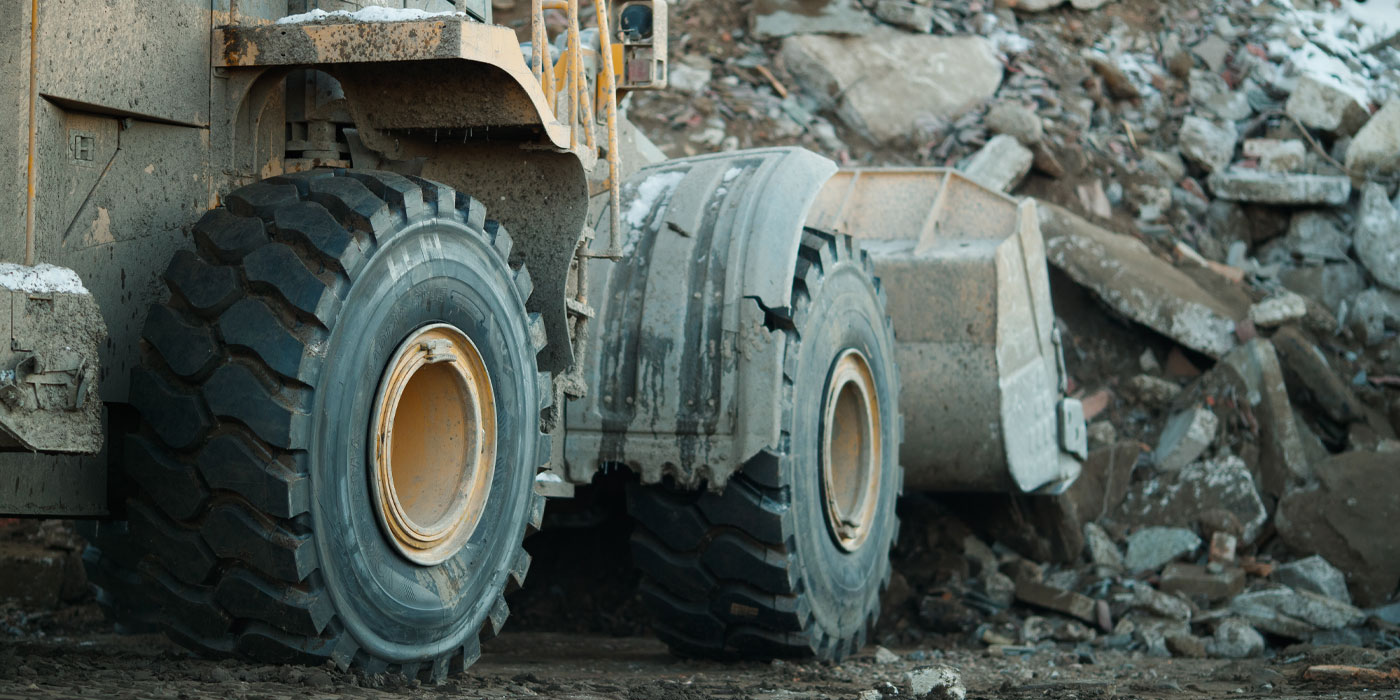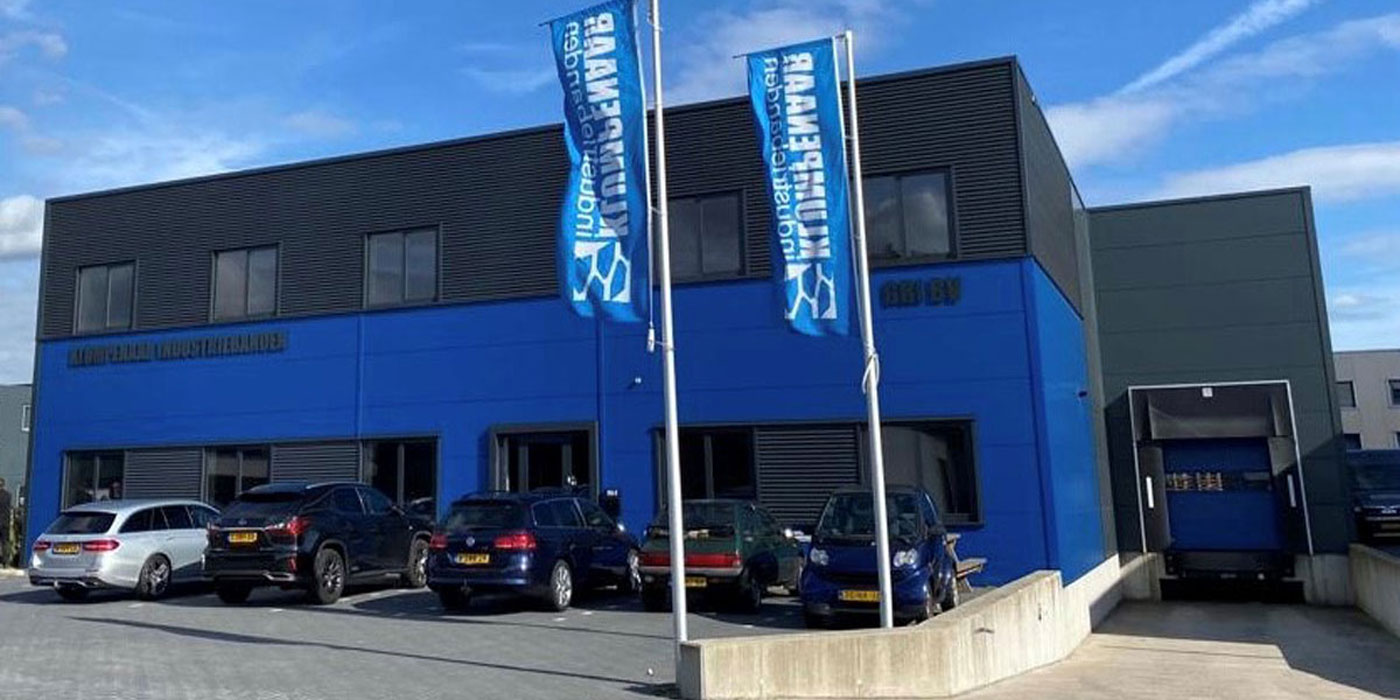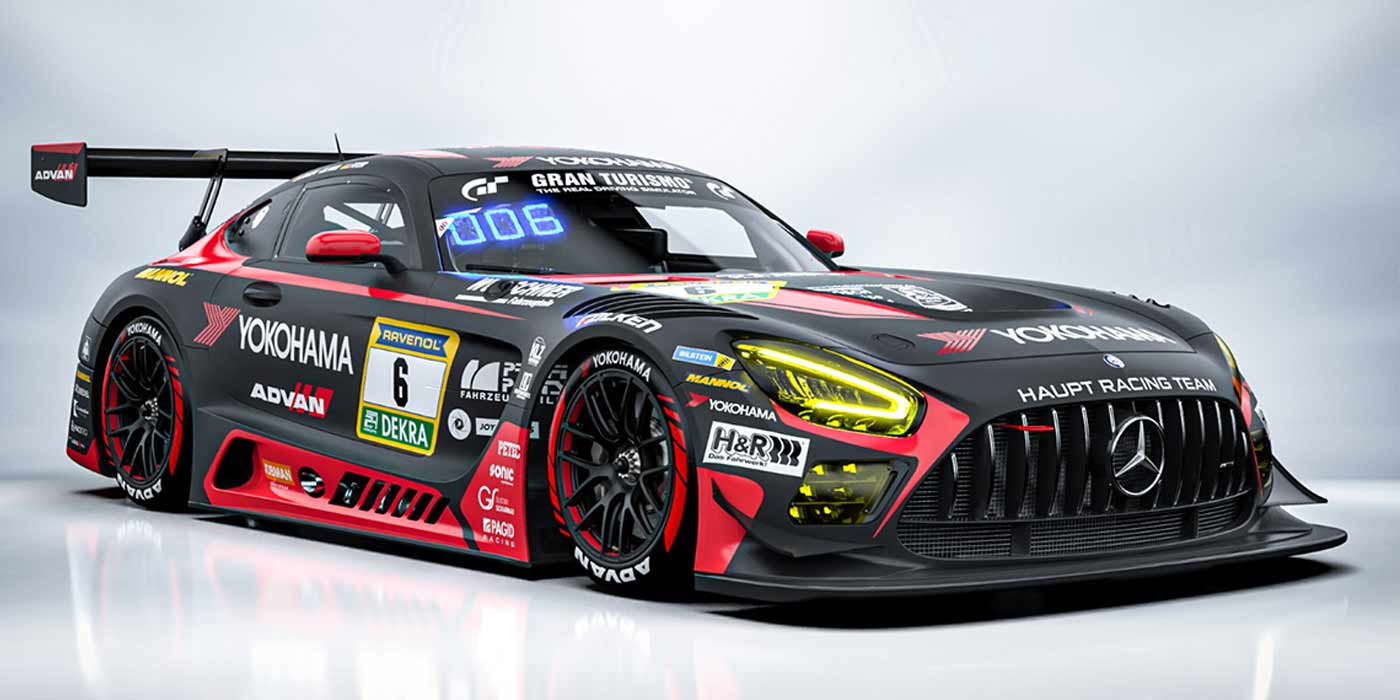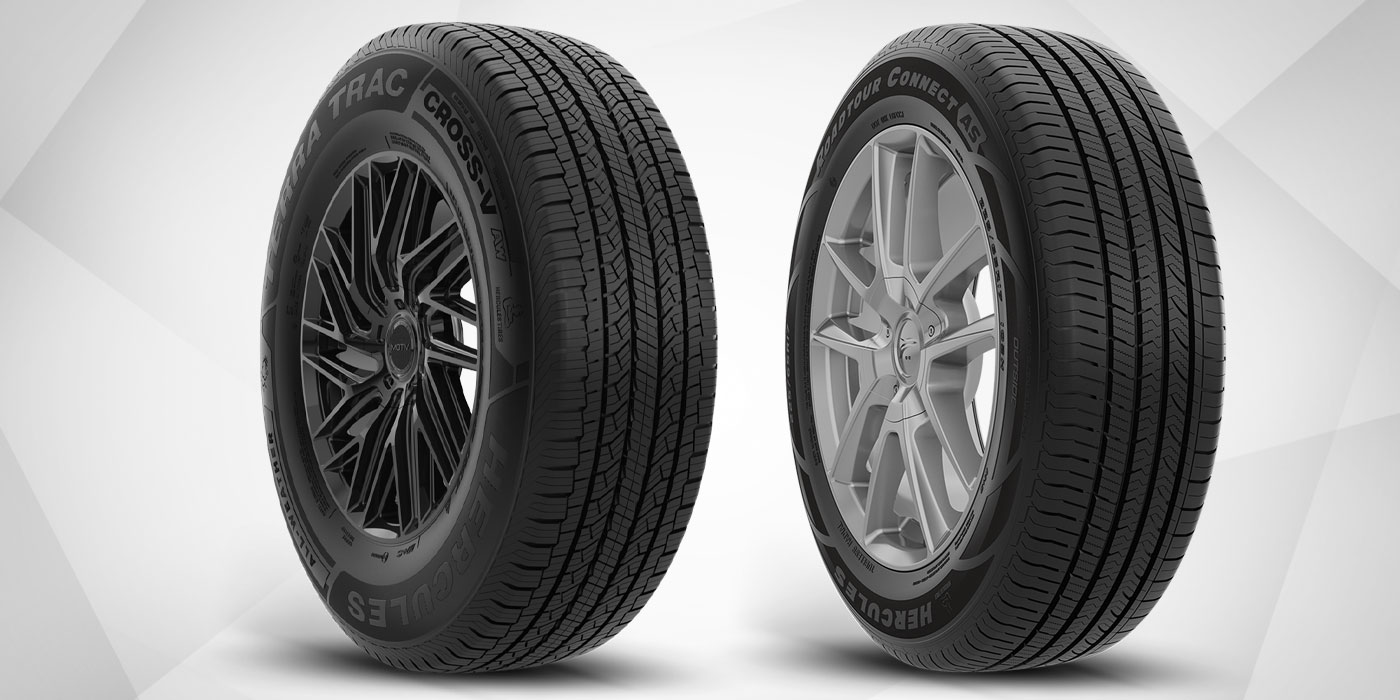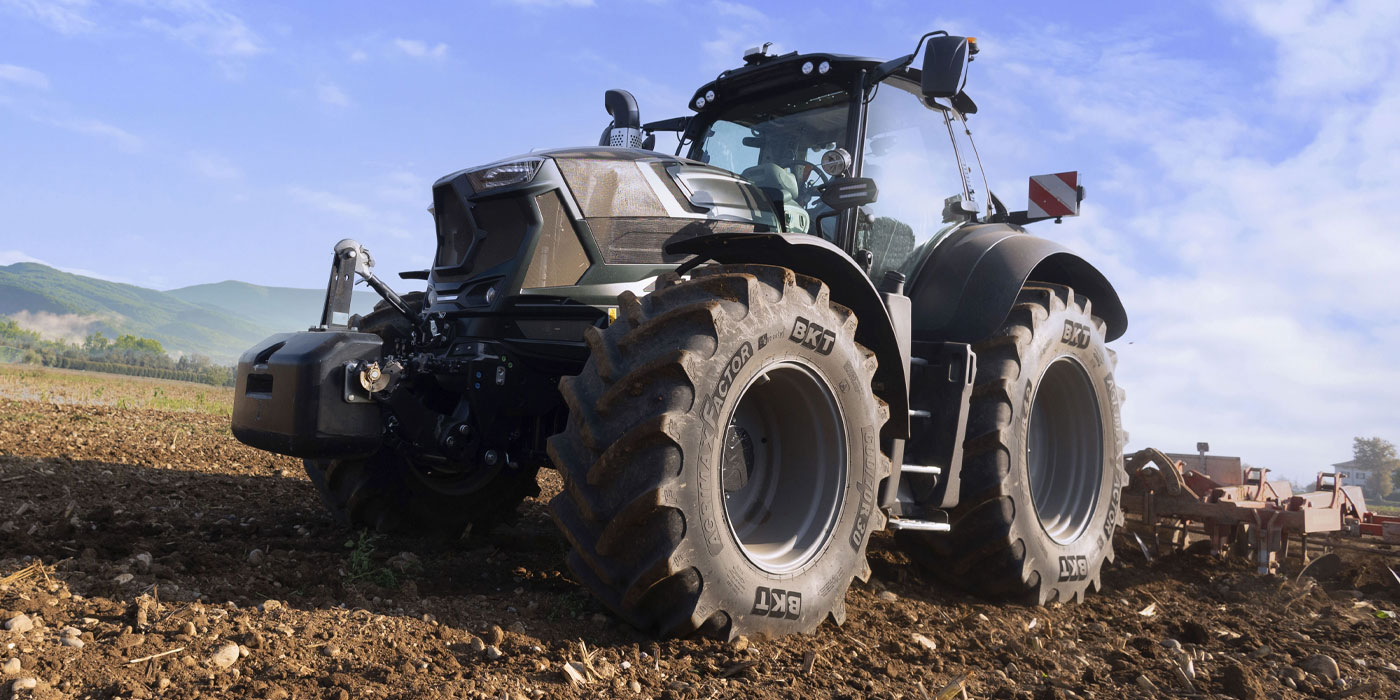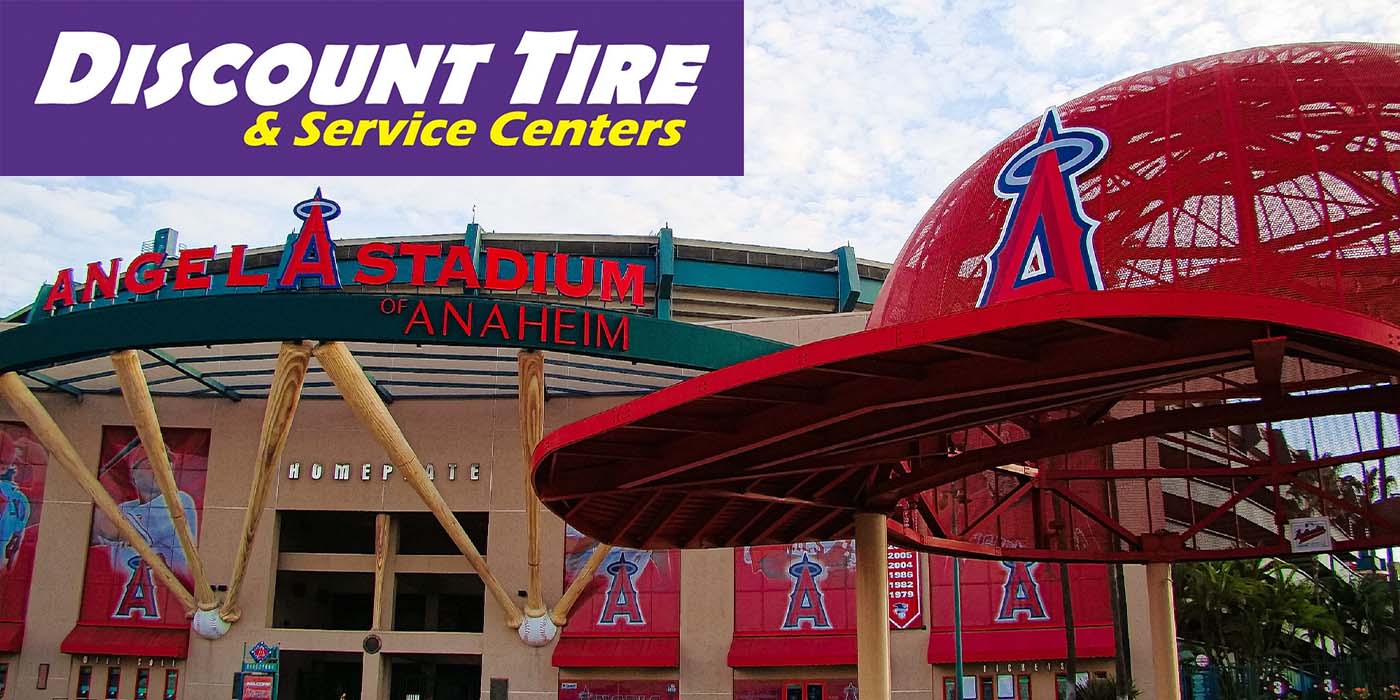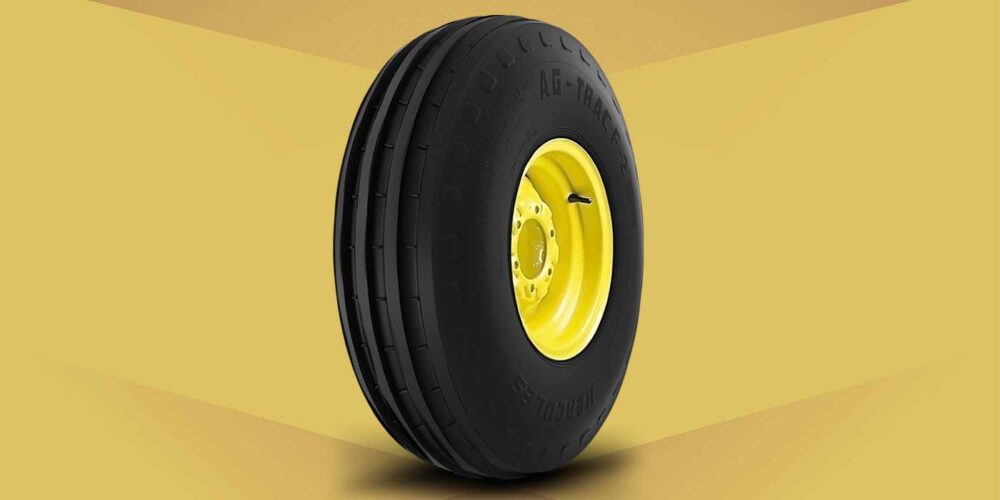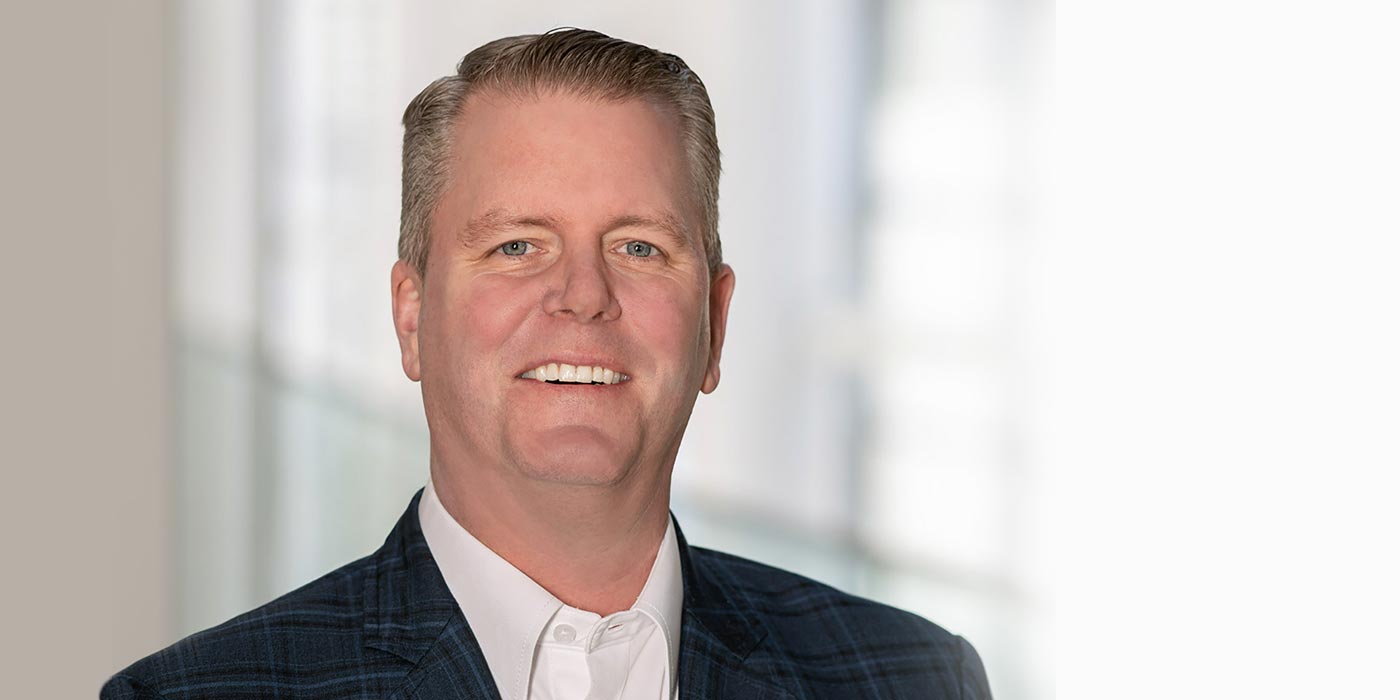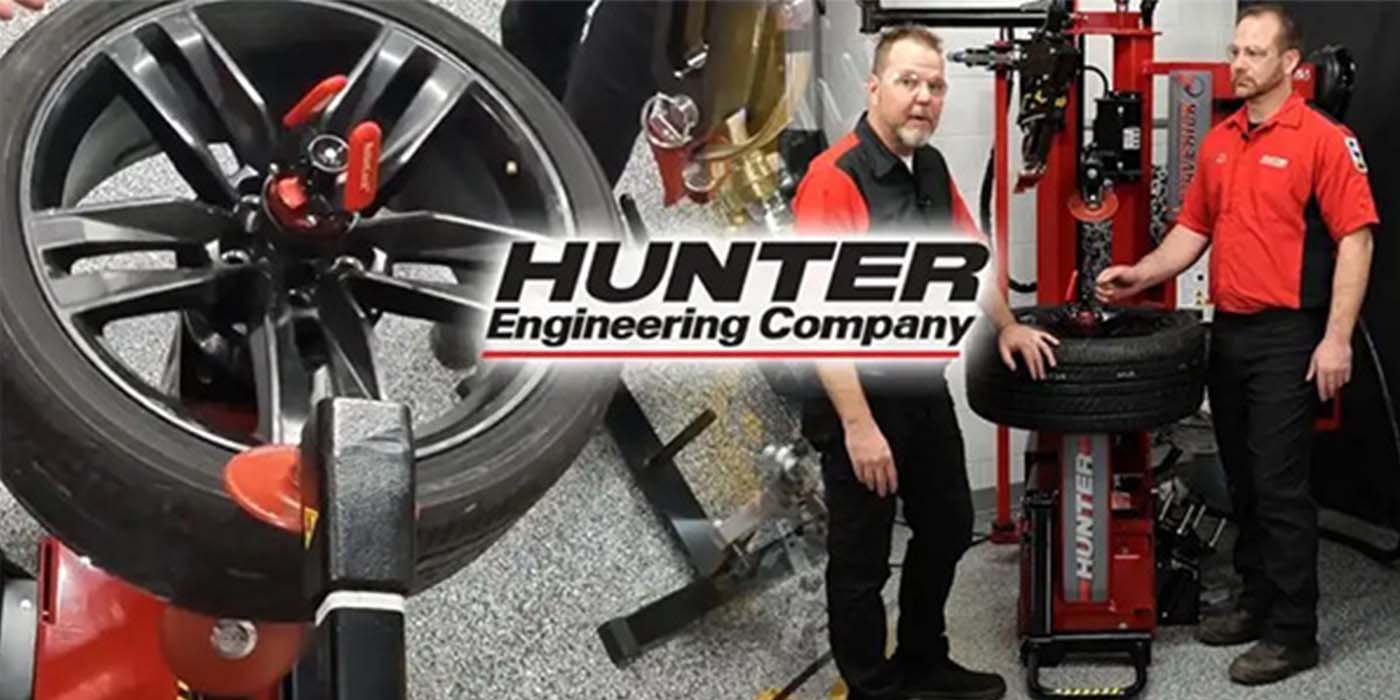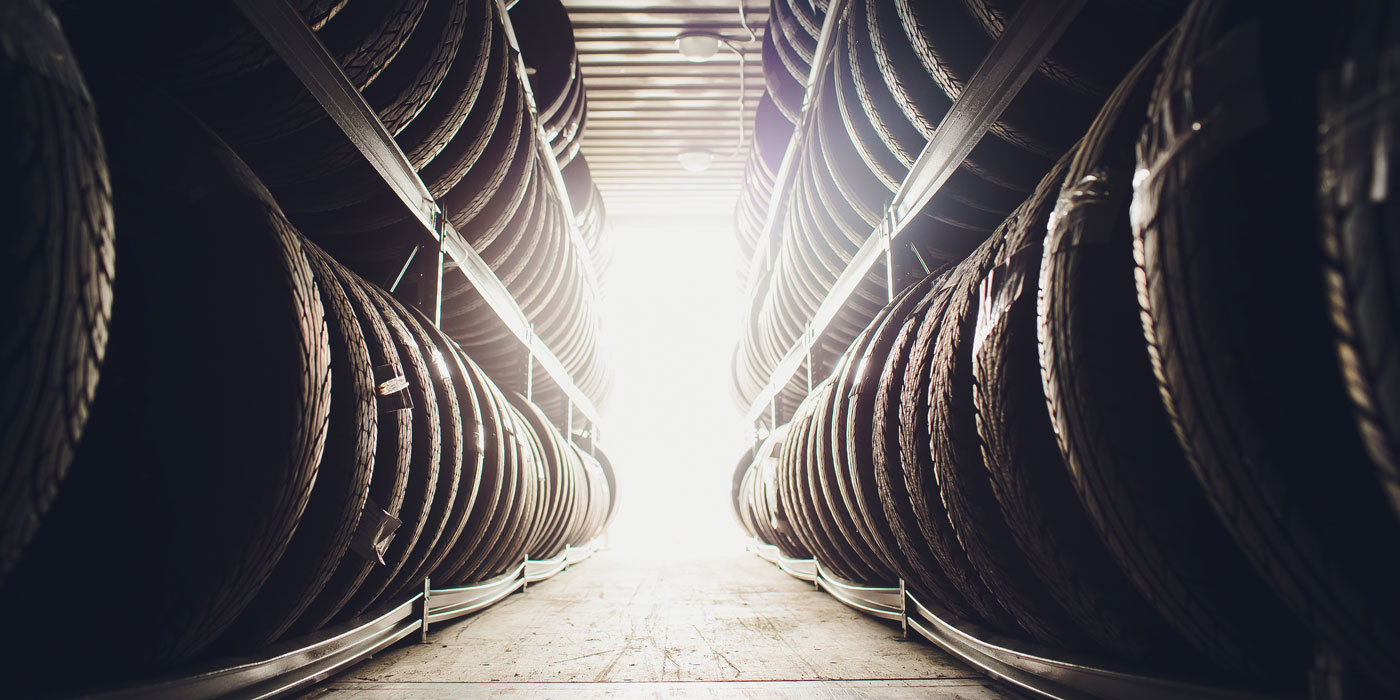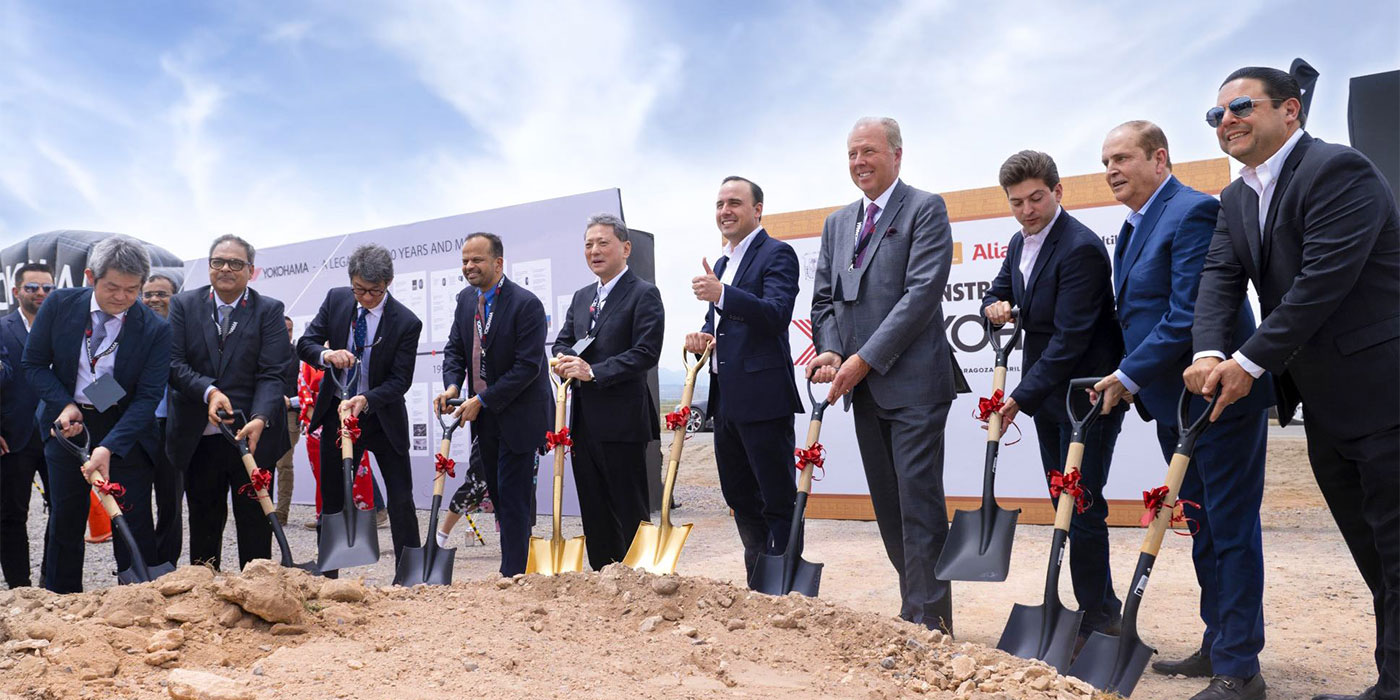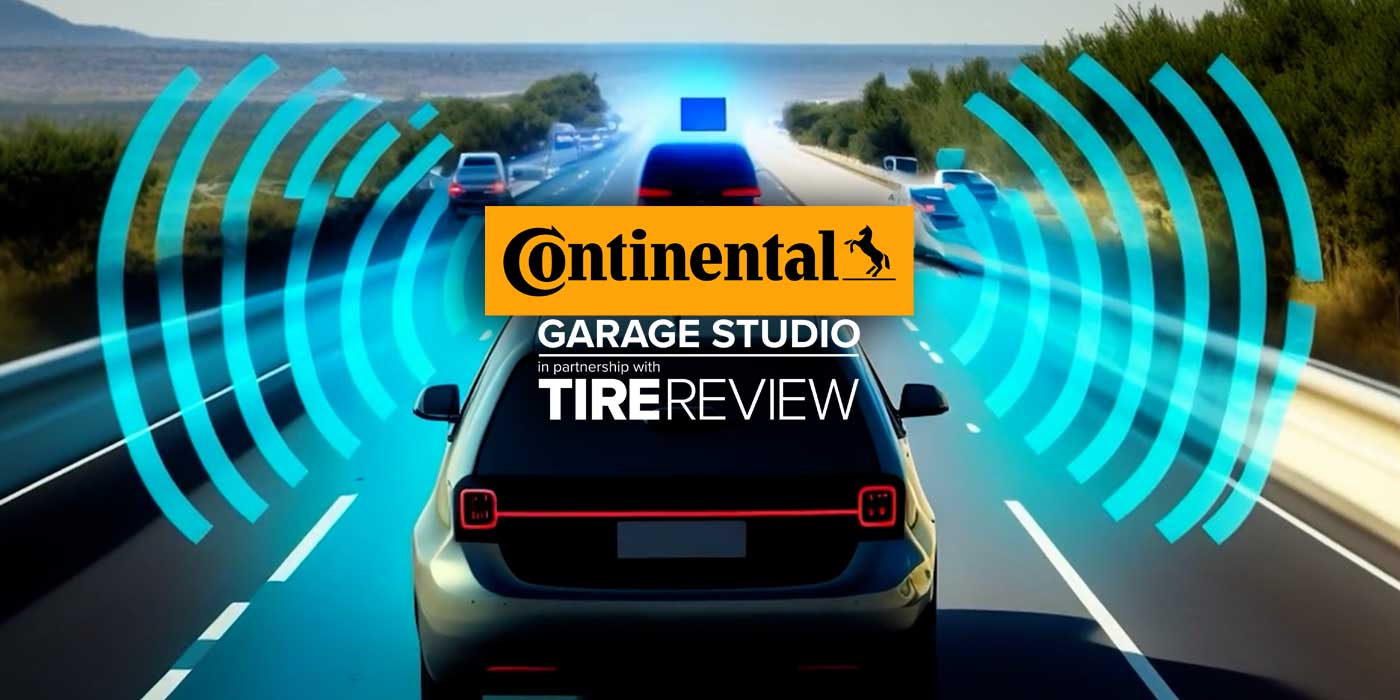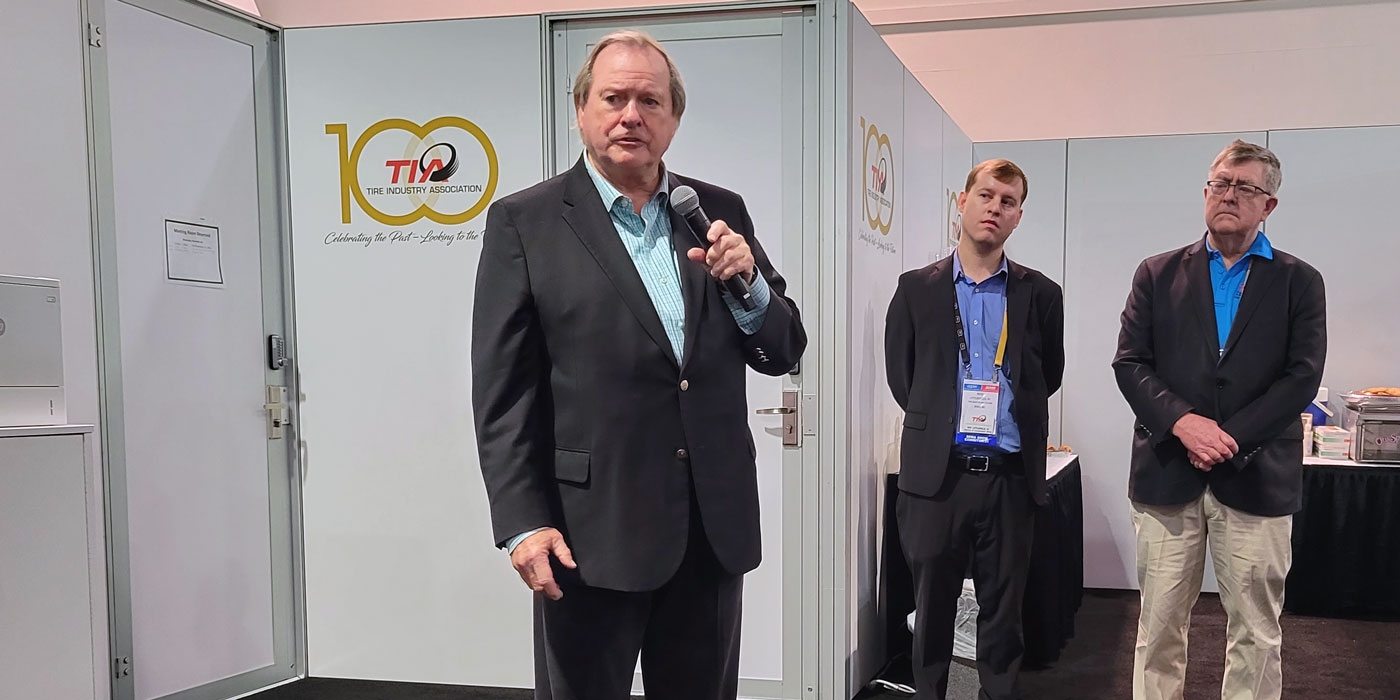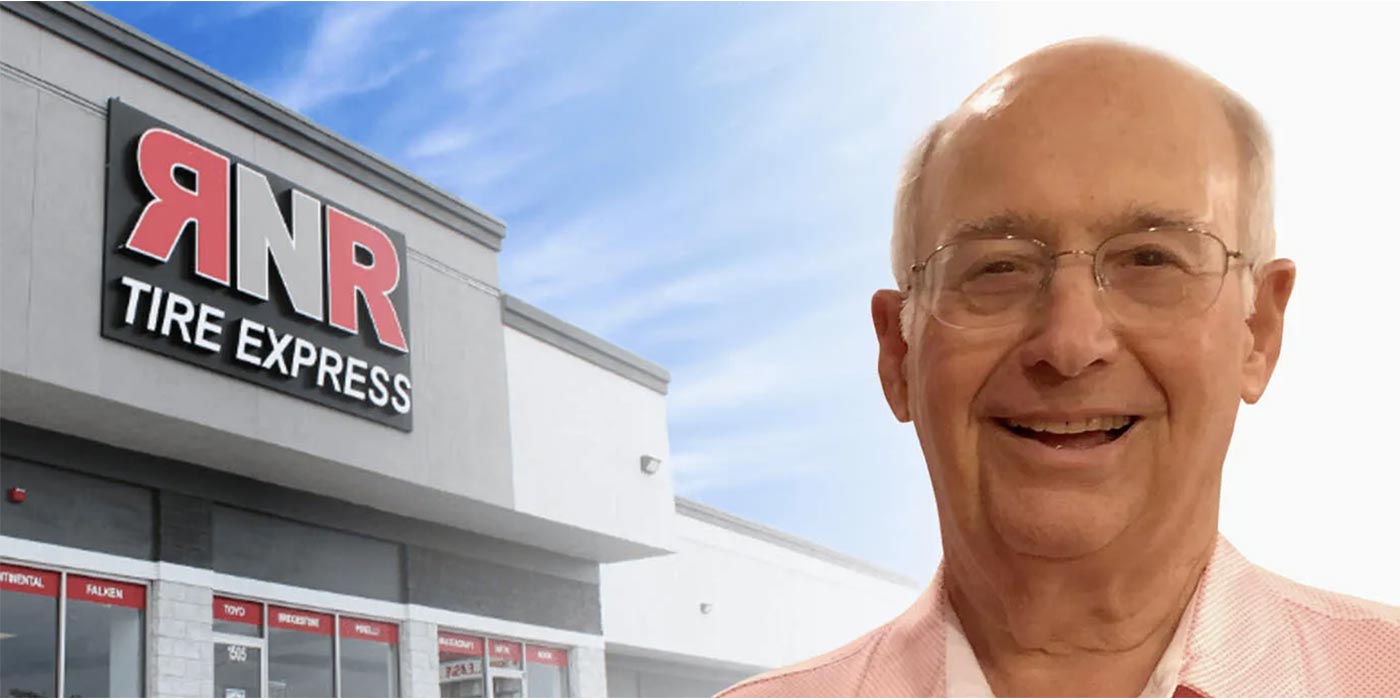Millions of tires were recalled, and in the end, it cost the company about $1 billion and sales declines.
But the company has emerged stronger, says Mark A. Emkes, chairman and chief executive of Bridgestone Americas Holding Inc.
"You can get angry or you can get better. And so when we went through that situation, we got a little bit angry and a whole lot better," said Emkes, who in 2002 became chairman and CEO of Bridgestone/Firestone North American Tire and was promoted in 2004 to chairman and CEO of the holding company, also based in Nashville.
The tire company now faces different challenges – rising raw material costs and global competition among them – but its sights are set squarely on addressing those challenges through a strategy of expansion and focus.
Emkes, 53, talked about what’s next for the company last week with Deborah W. Fisher, assistant managing editor of the Tennessean’s Business Section.
Nashville and the Southeast has benefited from Asian automakers gaining market share. Has the growth of Toyota, Honda and Nissan helped Bridgestone?
We’re growing with them, so as they grow, we are increasing our supply of tires to all three. So that has been a positive for our company, there’s no question.
Has your relationship with Nissan changed with the North American headquarters coming here?
We’ve always done business with Nissan and we’ll continue to do so, of course. They are still in the early stages of their move, so we’re getting to know them better. Who knows what that could lead to? It’s a relationship that we’ve had, and we think it’s a relationship that will grow stronger as a result of their presence here.
You’ve been with Bridgestone for 30 years, mostly working outside the United States. How did you connect up with the tire industry?
When I was growing up in Indiana, I had this dream to play college basketball. I wasn’t that great, but I was good enough to play at a Division III school. I’m from a humble background, so all of a sudden, I’m playing basketball and we’re traveling around the country.
I thought, wow, this is pretty nice. I wonder if I can get a job where I could make some money and travel not only around the country, but around the world.
So I went to an international business graduate school (Thunderbird, The Garvin School of International Management) and Firestone was one of the companies that recruited from out there.
What was enticing to me, having grown up in Indiana, having lived the Indianapolis 500 experience, was here’s this company very involved in tires and racing.
I remember in my college days just trying to have enough money to go to the race. And now being involved as CEO, actually going to the race and being in the winner’s circle.
What do you see as the greatest competition or challenge right now in the tire business?
All of us in the tire business are faced with escalating raw material costs. Natural rubber was 25 cents a pound. This summer, it hit $1.30 a pound.
Sixty percent of the tire – oil derivative. So when you see the price of oil going up, that is a significant impact on the cost of producing a tire.
The second biggest challenge that all of us ran into two years ago is a shortage of raw materials because of the China factor.
So what we’ve done as a company to counter-measure that is we’ve become more vertically integrated. So we own some rubber estates. We’re building steel cord factories. We’re expanding synthetic rubber factories. We’re building carbon black factories. And so our strategy is a little bit different from our competitors who are not doing that.
We are not 100% self-sufficient, but we’re becoming more self-sufficient on the raw materials that we need to produce tires.
It’s been about six years since the Wilderness and other Firestone tires and Ford Explorer were involved in very high-profile lawsuits in the United States. Have you returned to those pre-Wilderness profit levels?
Yes we have.
And one thing I’d like to comment about that situation is that when you go through life, whether it’s your personal life or your professional life, there’s always going to be some adversity. I tell our people every day, you can react two ways.
You can get angry or you can get better. And so when we went through that situation, we got a little bit angry and a whole lot better.
How did we get better? Used to, when we were called by a customer whether it was an original equipment (manufacturing customer) or dealer (who said) "we need tires," (we’d say,) "Oh yeah, how many do you need?"
Now we ask questions. What vehicle? Where’s the vehicle? How’s it going to be used? Where’s it going to be used? Is it going to be loaded? How much air?
So we’ve gotten a lot better in the way we approach our business to make sure that something like that would never ever happen again.
You can get angry, or you can get better. We got a whole lot better.
Last year, 2005, the profits of the company were $428 million, which was a great year compared with 2004. How does 2006 look?
Two thousand six, we’re going to take one step backward so we can take two steps forward in ’07.
So what are we doing in ’06? We announced at the end of April, early May, closure of our Oklahoma City plant, a plant which makes low-end tires and a plant that is a piece of the market that’s going away. The demand is shrinking for that type of tire, and at the same time, very strong competition from low-cost countries.
So we were not able to produce a tire there, sell it and make money. We sat with the union and it was felt that there was not a solution.
And we also made a decision on a plant in Chile, to close that as well in ’06. So those closure costs will hurt us in ’06, but that will make us stronger in ’07 because both of those plants were losing money.
Do you expect to close any more plants in the United States?
I hope not. At this point in time, there are no plans to close additional plants in the United States. But we need to make sure our plants are competitive, they can produce a product, sell it and make money.
You appear to be at a stalemate with the union in working out new contracts. When do you expect that to be resolved?
The Steelworkers represent our union membership as well as that of our competitors, and the union membership has made a decision to try to reach a deal first with Goodyear. So we’re kind of in a holding pattern until they finish their negotiations with Goodyear.
Are there any plants in the U.S. that you are expanding?
We have a plant in Aiken, South Carolina, that makes passenger and light truck (tires). We’ve increased production there. We have a plant in Warren County, Tennessee, that makes truck radial tires and we were able to put in some additional machines and get some additional production.
How important would it be to Bridgestone to upgrade its LaVergne plant, which is an older plant?
Through the years, we have invested quite a bit in that plant, and what we’re looking for now is to make sure we get an appropriate labor agreement to make sure our return on asset is going to be there. That’s one of the things we’re discussing with the union.
So in the negotiations with the union it’s not just about pay?
It’s not about wages. It’s really about enabling us to be competitive and that can be done a number of ways. Work rules. If I don’t show up to work at a non-union plant, someone else can do my job. In some of the union plants, if I don’t show up, that’s not allowed.
So then how does that plant have a chance to be productive?
There are many ways other than touching wages for a plant to be productive and competitive.
Let’s talk about market. How important is the part of your business where you sell directly to the automakers?
We’ve made a conscientious decision to stay flat in the original equipment market.
But instead of trying to be everything to everybody – some (types of tires) are better than others (for profitability).
The way it works in the tire business, the bigger the tire, the better the chances are for profit. So if you’ve got a small little tire on a small car, it’s pretty hard to make money with that tire.
And in the 1990s, our approach was just go after market share. Starting in 2002 and 2003, we decided to go after better fitments (tire fittings on particular automobiles).
We’re not growing the number of units, but the number of units we’re selling, we now have (tires) on Lexus, BMW, Mercedes, and they are better (tires), prestige vehicles.
What other areas are you focusing growth in?
We’ve been strategically putting a lot of effort, time and money in what’s called run-flat tires. Those are tires that with our technology will fit on a normal rim, but you can drill a one-inch hole in the tire and you can continue to go 55 mph.
You can be in the middle of nowhere or you can be on the freeway at 10 o’clock at night. The key is if you have an issue with the tire – you’ve run over a nail, a bolt, whatever, you can drive for 50 miles at 55 mph, and you can get out of a dangerous area.
BMW is right now our biggest customer with the run-flat tire.
Bridgestone/Firestone has gotten some criticism about worker pay at its Liberian rubber estate. Perhaps you could talk about what Liberia gets out of the arrangement?
Liberia was in 14 years of civil war. It ended in 2004. So it started around 1990. We stuck it out. We stayed there when people were invading the estate, when looters were destroying the hospitals we had built, when our schools that we had built were being destroyed, when housing was being destroyed, we stuck it out.
And now that there is a new president and some stability has returned to the country, we are rebuilding schools. We have 6,000 people who work for us in Liberia; 7,000 children attend our schools that we built, maintain and provide. We have rebuilt the hospital and we’re rebuilding housing.
With regards to pay, everything is relative. People who work for us in Liberia, most of them make more money than the government officials in Liberia. So let’s be fair and compare apples to apples.
So we’re proud of what we’re doing in Liberia.
Unemployment is 80% in Liberia. We’re providing jobs. We’re providing free medical. We provide subsidized rice. We feel very good about what we’re doing in Liberia.

